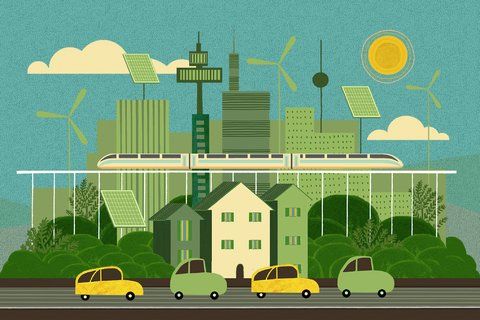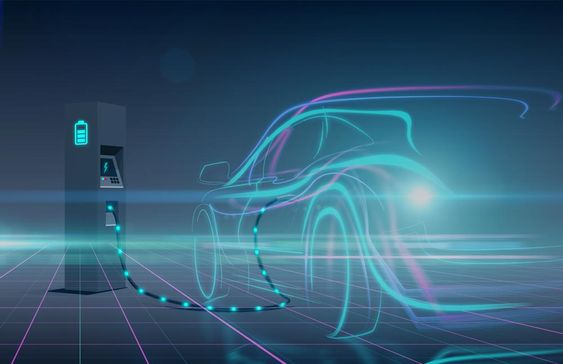Introduction:
The automotive industry, a cornerstone of global economies, is facing a pivotal moment. Climate change, a pressing global issue, is casting a long shadow over the industry, demanding a fundamental shift in its operations and product offerings. The impact of climate change is multifaceted, affecting everything from manufacturing processes to consumer demand and government regulations. This article delves into the intricate ways climate change is reshaping the car industry, exploring the challenges and opportunities that lie ahead.

The urgency to address climate change is undeniable. Rising global temperatures, extreme weather events, and resource scarcity are forcing governments and businesses alike to prioritize sustainability. The automotive industry, a major contributor to greenhouse gas emissions, is under intense scrutiny. Consumers are increasingly demanding eco-friendly vehicles, while governments are implementing stricter emissions regulations and incentivizing the adoption of electric vehicles.
The Shifting Landscape:
The car industry is undergoing a rapid transformation, driven by the need to reduce its environmental footprint. This shift is evident in several key areas:
1. Electric Vehicles (EVs): The rise of EVs is arguably the most significant development in the automotive industry's response to climate change. EVs produce zero tailpipe emissions, making them a crucial tool in the fight against climate change. Governments worldwide are offering incentives to encourage EV adoption, while manufacturers are investing heavily in research and development to improve battery technology and reduce production costs.
2. Fuel Efficiency Standards: Governments are tightening fuel efficiency standards for gasoline and diesel vehicles, pushing manufacturers to develop more fuel-efficient engines and lighter vehicles. These regulations are driving innovation in engine design, aerodynamics, and materials science.
3. Renewable Energy Sources: The automotive industry is exploring the use of renewable energy sources in its manufacturing processes. Solar and wind power are increasingly being used to power factories and assembly lines, reducing reliance on fossil fuels.
4. Sustainable Materials: Manufacturers are exploring the use of sustainable materials in vehicle production. Recycled plastics, bio-based materials, and lightweight composites are being incorporated into car designs, reducing the environmental impact of manufacturing.
Challenges and Opportunities:
The transition to a more sustainable automotive industry presents both challenges and opportunities:
Challenges:
- Infrastructure: The widespread adoption of EVs requires a robust charging infrastructure. Building out charging stations across cities and highways is a significant investment.
- Battery Technology: Battery technology needs to improve in terms of range, charging time, and cost to make EVs more appealing to consumers.
- Consumer Adoption: Consumers need to be convinced of the benefits of EVs and overcome range anxiety and concerns about charging infrastructure.
Opportunities:
- Innovation: The shift to EVs and sustainable practices is driving innovation in areas like battery technology, renewable energy, and materials science.
- New Markets: The demand for EVs is creating new markets for companies involved in battery production, charging infrastructure, and related technologies.
- Job Creation: The transition to a sustainable automotive industry is creating new jobs in areas like renewable energy, battery manufacturing, and electric vehicle maintenance.
Conclusion:
Climate change is a defining challenge for the automotive industry. The industry is responding by embracing electric vehicles, improving fuel efficiency, and adopting sustainable practices. While challenges remain, the transition to a more sustainable automotive industry presents significant opportunities for innovation, job creation, and a cleaner future. The industry's ability to adapt and innovate will be crucial in mitigating the impact of climate change and ensuring a sustainable future for transportation.





